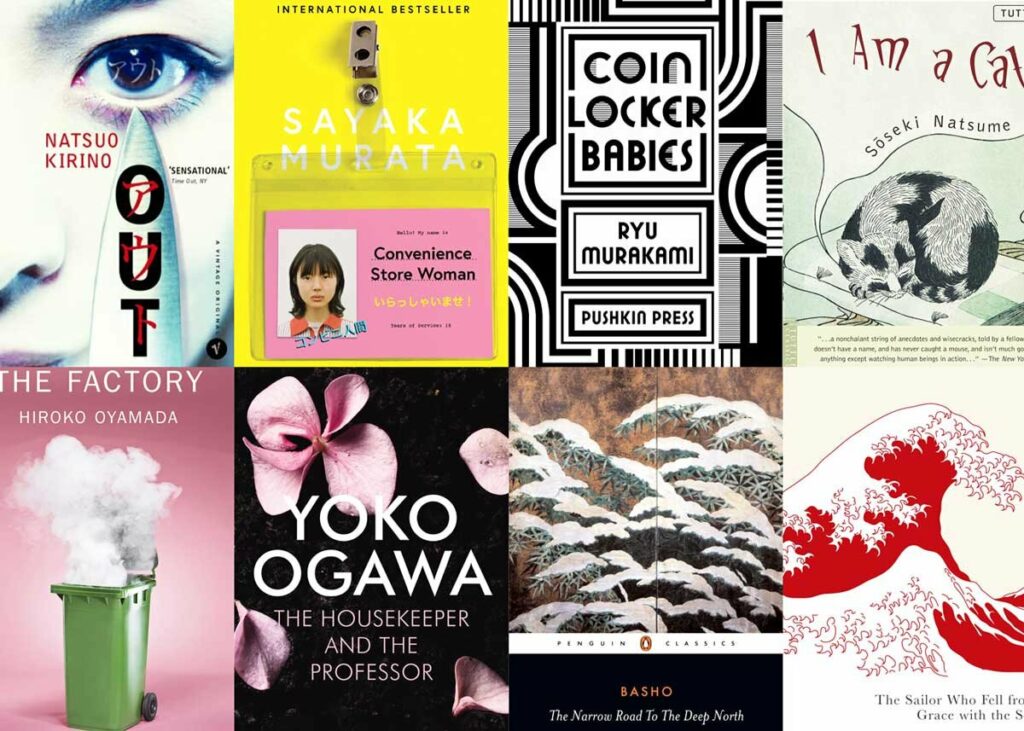Japan holds the distinction of being the motherland of the world’s first novel, as well as three Nobel Prize winners in literature. Japan’s literary scope and depth are astounding, ranging from traditional Edo poets to modern writers as well as manga creators. You could spend your entire life reading Japanese literature and experiencing the full range of human emotions but also experience.
Japanese literature has become more accessible to English-speaking audiences than ever before, thanks to the efforts of translators and publishers. If you want to learn further about Japanese literature and culture, you can’t go wrong with listening to Japanese audiobooks. We’ve created a list of famous Japanese authors, as well as their notable works, who have come to define Japanese literature. These famous Japanese authors have written in a variety of genres as well as periods to start creating a diverse and fascinating body of work.
Kobo Abe
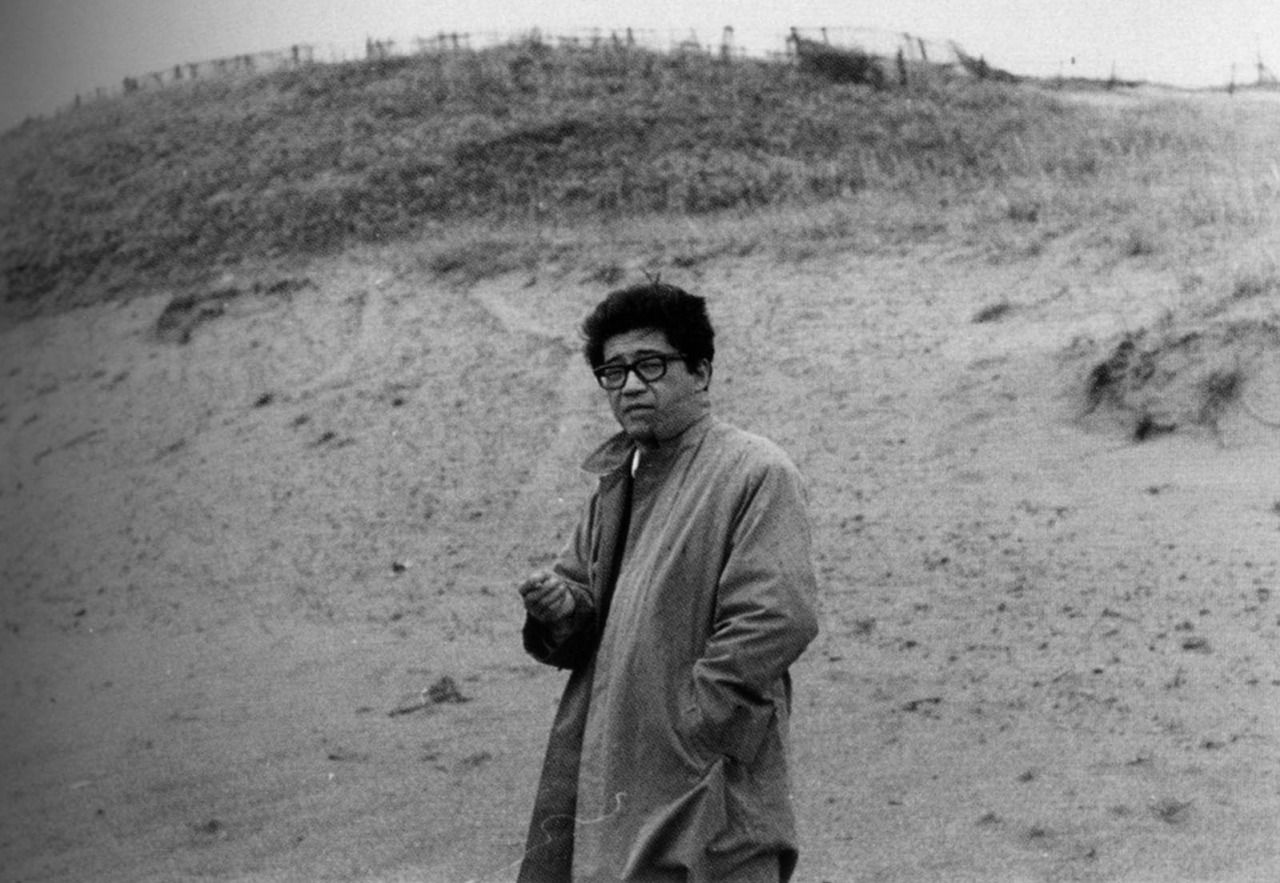
Kobo Abe, also recognized as Kimifusa Abe, was born in Manchuria and moved to Japan during WWII. His love of literature began in elementary school when he would gather works by European greats such as Franz Kafka, Fyodor Dostoyevski, and Edgar Allen Poe, and he would later emulate these childhood heroes.
He achieved great success with his climactic story of isolation, The Woman in the Dunes, which managed to win the Yomiuri Prize for using bizarre allegories to highlight the tribulations of the human condition. Another of his most notable projects, The Face of Another, continues to follow a Vanilla Sky-Esque blueprint in which the protagonist ends up losing his face and is pushed to create the most perfect mask to reconnect with the world.
Haruki Murakami
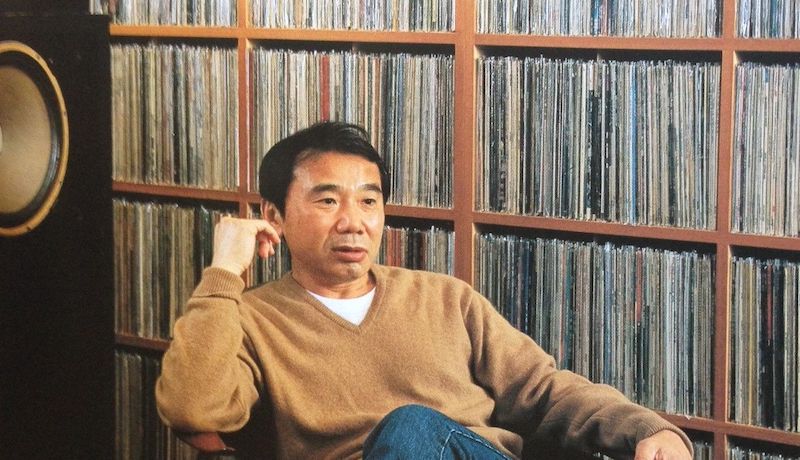
Haruki Murakami, undoubtedly one of the most famous Japanese authors to English speakers, has written over 20 novels, nonfiction titles, and short story collections. Murakami, who was born in Kyoto in 1949, published his first novel in 1979, the same year he had an epiphany, I believe I can write a novel, whilst also watching a sports event at Jingu Stadium.
He went on to have a successful career, receiving awards both in Japan and globally, such as the Jerusalem Prize. His books have been translated into over 50 different languages. Murakami enjoys jazz music (he and his wife used to own a jazz bar) and has over 10,000 records that he listens to while writing.
Kanae Minato
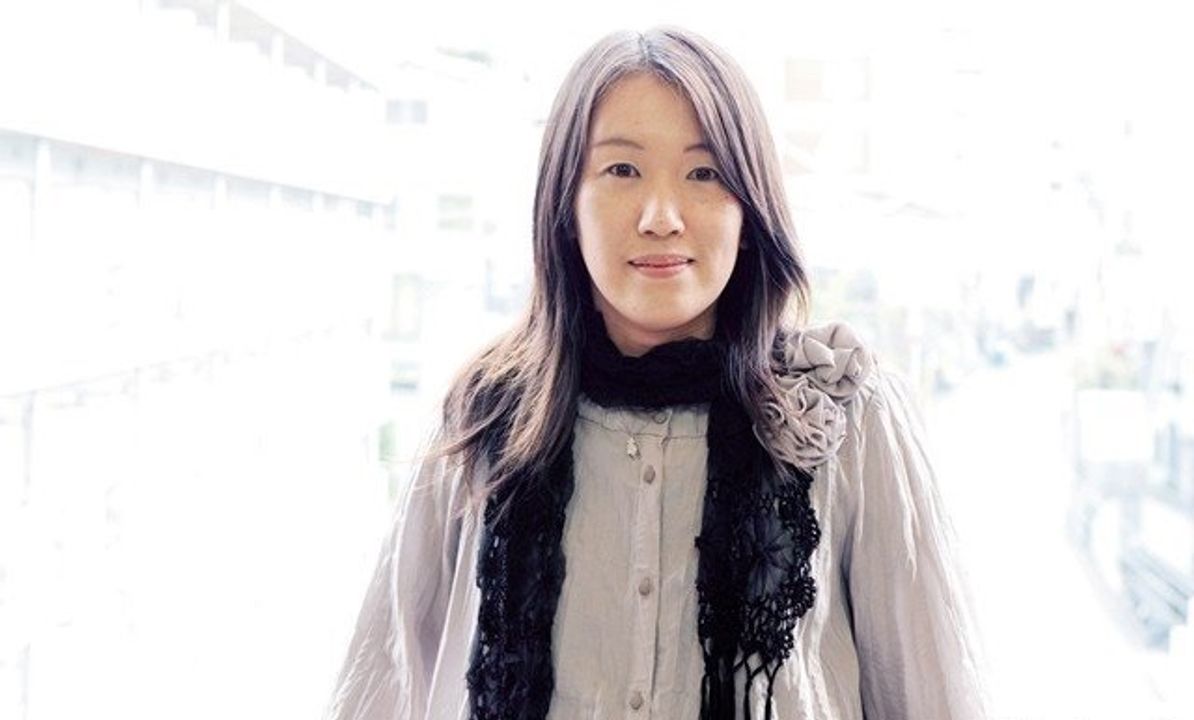
Kanae Minato is one of the most famous Japanese authors for her mystery and crime novels, and she has been crowned the queen of tiramisu books, which roughly translate to “eww” novels—the term describes dark mysteries which make you say, “Eww!”
“Minato, who was born in 1979, began writing in her 30s, and her debut, Confessions, was a runaway success.” She’s written 14 novels since then, but only two have been translated into English and are available in the United States: Confessions and Penance. Confessions received an Alex Award and were nominated for a Shirley Jackson Award. Penance was adapted into a Japanese film, which is now available in the U.s.
Yukio Mishima
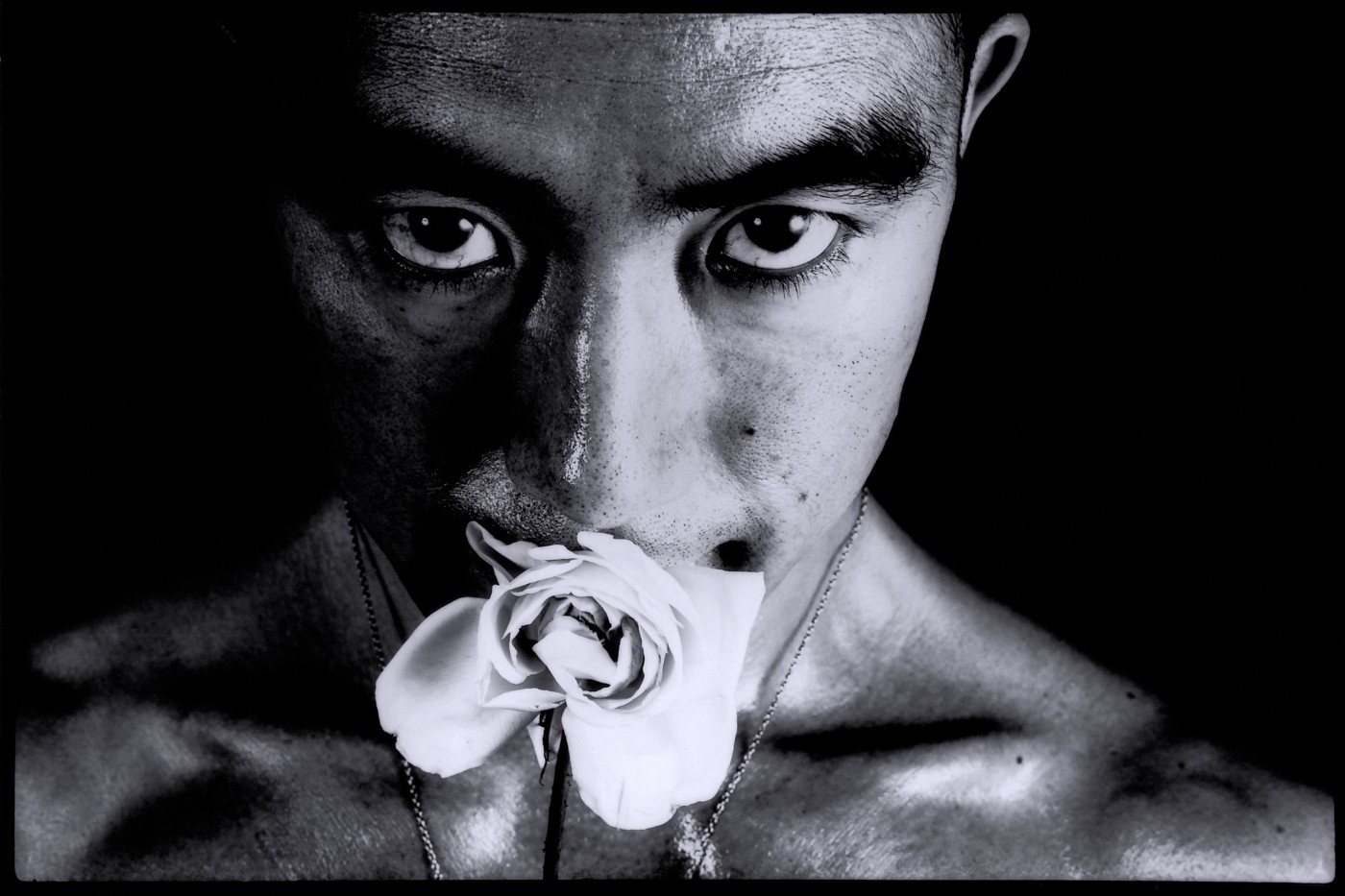
Recognizing where to start with Mishima is a challenge in and of itself. Mishima was a larger-than-life character who was a revolutionary far-right political activist who was adamant about going back to Japan to its militaristic past. He was so convinced of this that he tried to overthrow the govt, which spectacularly failed and resulted in his suicide. Mishima wrote dozens of stories during his lifetime, almost all of which have been, at the very least, very clear metaphors for his viewpoints on postwar Japan and, at worst, manifestos for change and how modern Japanese men and women should live but also change.
Mishima was also nominated for the Nobel Prize in Literature several times, and when news of his suicide spread, his dear friend as well as actual Nobel Prize winner Yasunari Kawabata followed immediately suit and committed suicide as well.
The Sailor Who Fell from Grace With The Sea is the book that best summarizes Mishima’s views and mission. This short novel follows a young man as he witnesses his mother’s mad love for a sailor. The boy is inspired by the sailor’s rugged, self-sufficient masculinity, but his admiration gradually turns to hatred as the sailor abandons the sea for love and peaceful life. The metaphor at work here is clear enough, and it clearly expresses Mishima’s radical mindset.
Ryunosuke Akutagawa
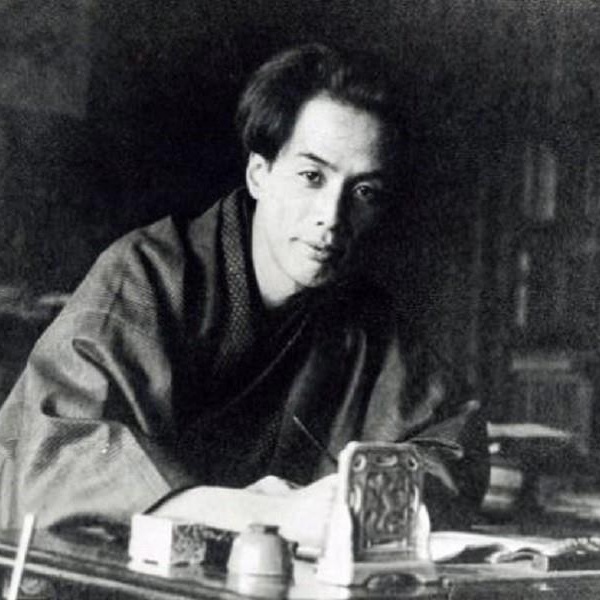
Ryunosuke Akutagawa, the founder of the modern Japanese short story as well as a master storyteller of the Taisho era, was named after Japan’s most famous national literature prize. However, Akutagawa, like so many of his contemporaries, did struggle with mental health issues and eventually died by suicide.
Rashomon and In a Grove are two of his best-known works. The former follows a servant who seeks shelter from a storm beneath Kyoto’s Rashomon Gate and his decision between risking starvation and fighting for survival.
Yoko Ogawa
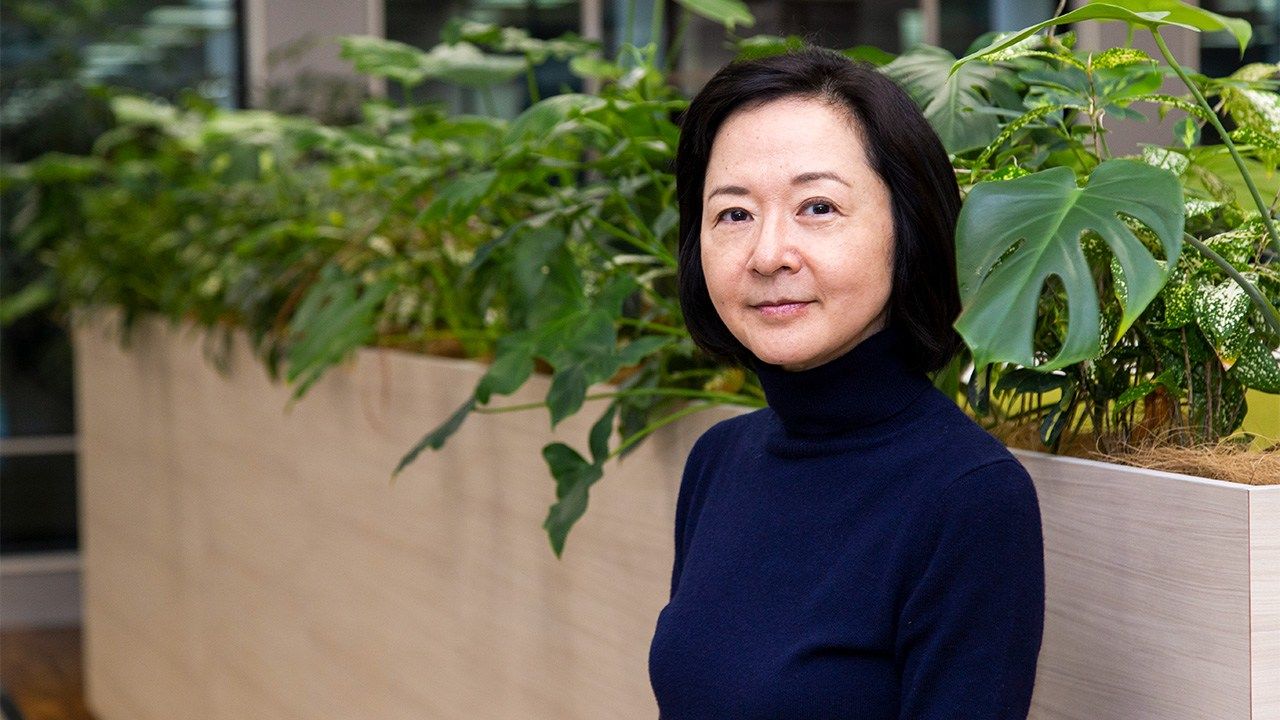
Ogawa is not only one of the most influential and famous Japanese authors working today, but also one of the most varied. Each of her books can be classified as a different genre, ranging from dystopian to relationship drama to crawling gothic horror. In each particular instance, she convincingly asserts herself as a genre master. Ogawa has received both the Akutagawa Prize, Japan’s most prestigious literary award, and the Shirley Jackson Award.
The Housekeeper and the Professor, a work written from the point of a housekeeper as well as a single parent hired to care for an elderly mathematics professor who demonstrates the magic of mathematics even while becoming growingly detached from reality (translated by Stephen Snyder), is Ogawa’s most successful work in English. It’s a story of love in all of its manifestations, but it’s not a love story.
Her most recent English work, The Memory Police was first published in 1994, but it reads like it was written in 2019 and is very relevant in the current political climate. It follows the story of an island in which things and ideas vanish at random, along with people’s memories of them. Some people, however, do not forget, and that they are apprehended by the titular recollection police. It’s a terrifying Fascistic masterpiece by one of Japan’s most talented modern writers.
Hiromi Kawakami
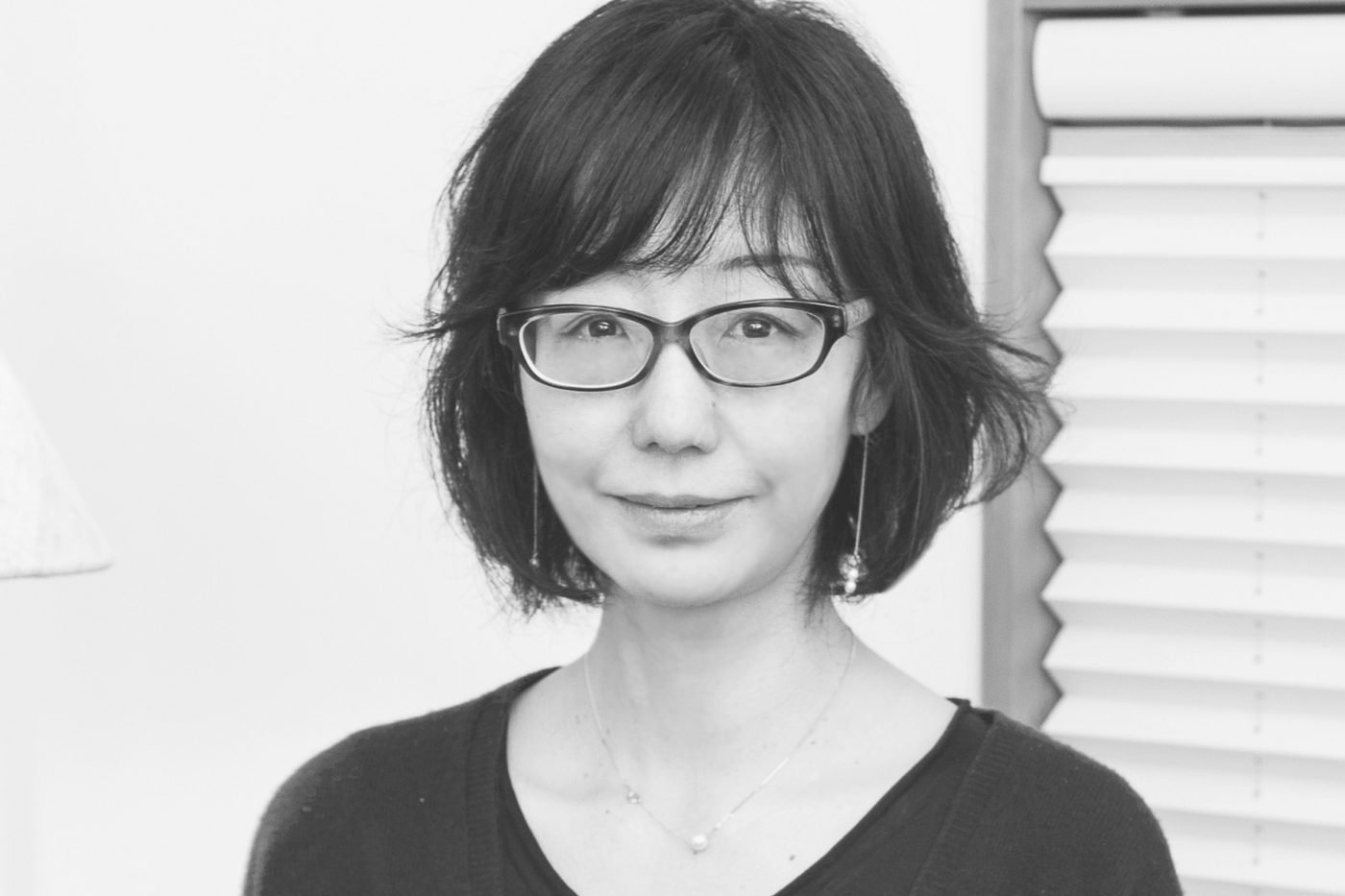
Hiromi Kawakami, one of the genuinely great contemporary Japanese authors, stands out as a writer who comprehends the connections between ordinary people. These can be professional, romantic, platonic, or familial relationships. Her tools are love and friendship. And it is with them that she creates some of the best stories of all time.
Strange Weather in Tokyo, Kawakami’s most renowned novel in translation, is a gripping romance between a Tokyo salary woman as well as her former teacher. This romance is cleverly used in the book to stitch together a motif of post-war Japan as well as pre-war Japan looking to understand and coexist.
The Ten Loves of Nishino, Kawakami’s most recent novel to be published in English, is structured in a truly unique and experimental style. Ten stories from 10 different women paint a vivid picture of Nishino. Since we never see the world via his eyes, the 10 loves of his life as well as how they each experienced things with him introduce us to him over and over.
Here is the list of the 6 most famous Japanese authors you should know. Hope that you enjoy the article and gain more information about famous Japanese authors and their books.

